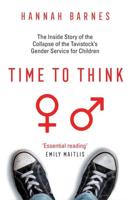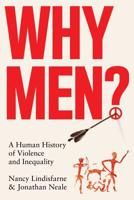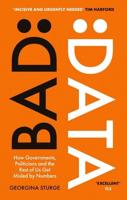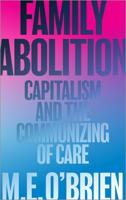Publisher's Synopsis
In this book, Gregor McLennan examines developments in two of the most central traditions of social and political theory - Marxism and pluralism - and asks whether the relation between them is one of progressive convergence. McLennan begins by considering conceptual and empirical shifts in each tradition since their more orthodox or classical formulations. In a closely interwoven argument, he then traces the sociological, philosophical and political debates between these perspectives. The issue of class, for instance, highlights the challenges which the Marxist tradition has had to face, as the pivotal role of the proletariat has increasingly come into question. Equally, pluralists have had to accept that pervasive structural divisions - including class, race and gender, for example - shape political and social interaction. A further major issue is considered: in the current climate of `postmodern' thought is the entire debate between Marxism and pluralism now outmoded? In a series of critical assessments of positions which attempt to go `beyond' Marxism/pluralism, McLennan argues that the central tensions and positions within this classic dialogue have not yet been superceded.









